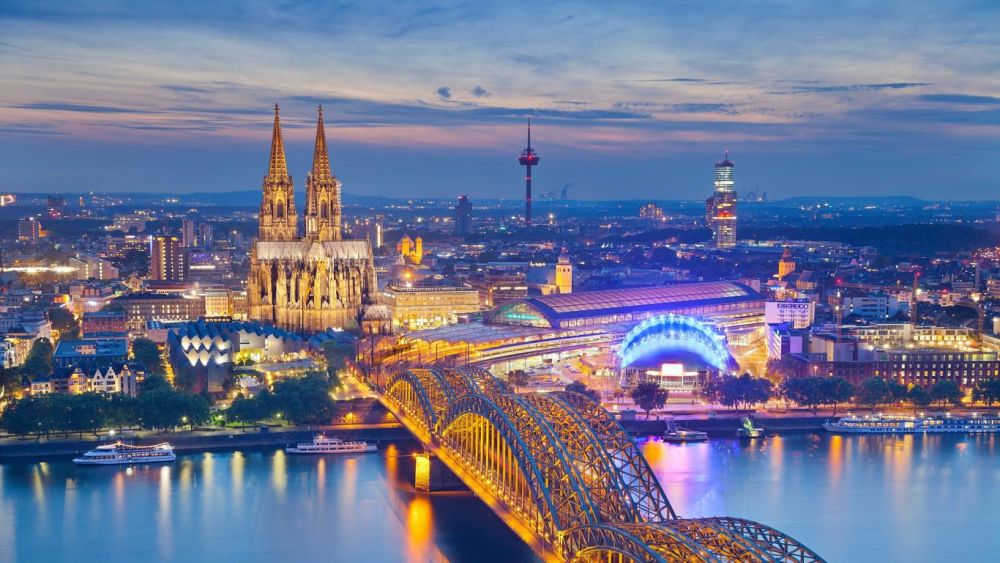

Cologne, one of Germany's oldest cities, has a rich history that spans more than 2,000 years. Founded by the Ubii tribe as a settlement known as Oppidum Ubiorum, the city was later designated a Roman colony with the name "Colonia Claudia Ara Agrippinensium." Throughout the centuries, Cologne has grown from its ancient roots into a vibrant cultural hub that attracts tourists from around the globe.
The history of tourism in Cologne can be traced back to the medieval period. Pilgrims traveled to the city to visit the relics of the Three Kings, housed at the renowned Cologne Cathedral (Kölner Dom). Even today, this remains one of the prime attractions for visitors. In the years that followed, Cologne’s status as a major trade city also contributed to the increase of visitors, many of whom were merchants and tradespeople.
With the advent of industrialization, Cologne embraced a new era of growth and development. The city's infrastructure improvements, such as the establishment of railway connections in the 19th century, played a significant role in making Cologne accessible to an even larger number of visitors. The launch of large-scale events like the Cologne Carnival expanded the city's appeal as a tourist destination.
The 20th century presented numerous challenges to Cologne, particularly during World War II when much of the city was heavily bombed. In the post-war era, the painstaking restoration of the Cologne Cathedral and other historic buildings coincided with a revitalization of tourism. People from all over the world began flocking to the city to witness its architectural marvels and experience the bustling atmosphere of the rebuilt Cologne.
In recent years, Cologne has continued to evolve as a top tourist spot, harnessing a blend of historical intrigue and modern culture. The city has focused on promoting its numerous museums, art galleries, and annual events like the Cologne Light Festival.
As with many cities around the world, Cologne has seen an increase in sustainable tourism practices. Visitors are more interested in eco-friendly accommodation options and experiences that promote local culture and economy. The city has also seen a surge in digital tourism, with the use of apps and online resources to enhance the tourist experience, allowing for more personalized and interactive visits.
Cultural tourism remains robust in Cologne. The city's commitment to celebrating its history, from Roman times through to the modern day, attracts history buffs and casual travelers alike. There is also a growing trend in culinary tourism, where guests are eager to taste the local cuisine, including Kölsch beer and traditional dishes at Brauhaus establishments.
Cologne's diverse history and its dynamic progression through the ages have rendered it a focal point for tourism. The city's ability to honor its past while reaching for the future continues to make it an irresistible destination for travelers worldwide.